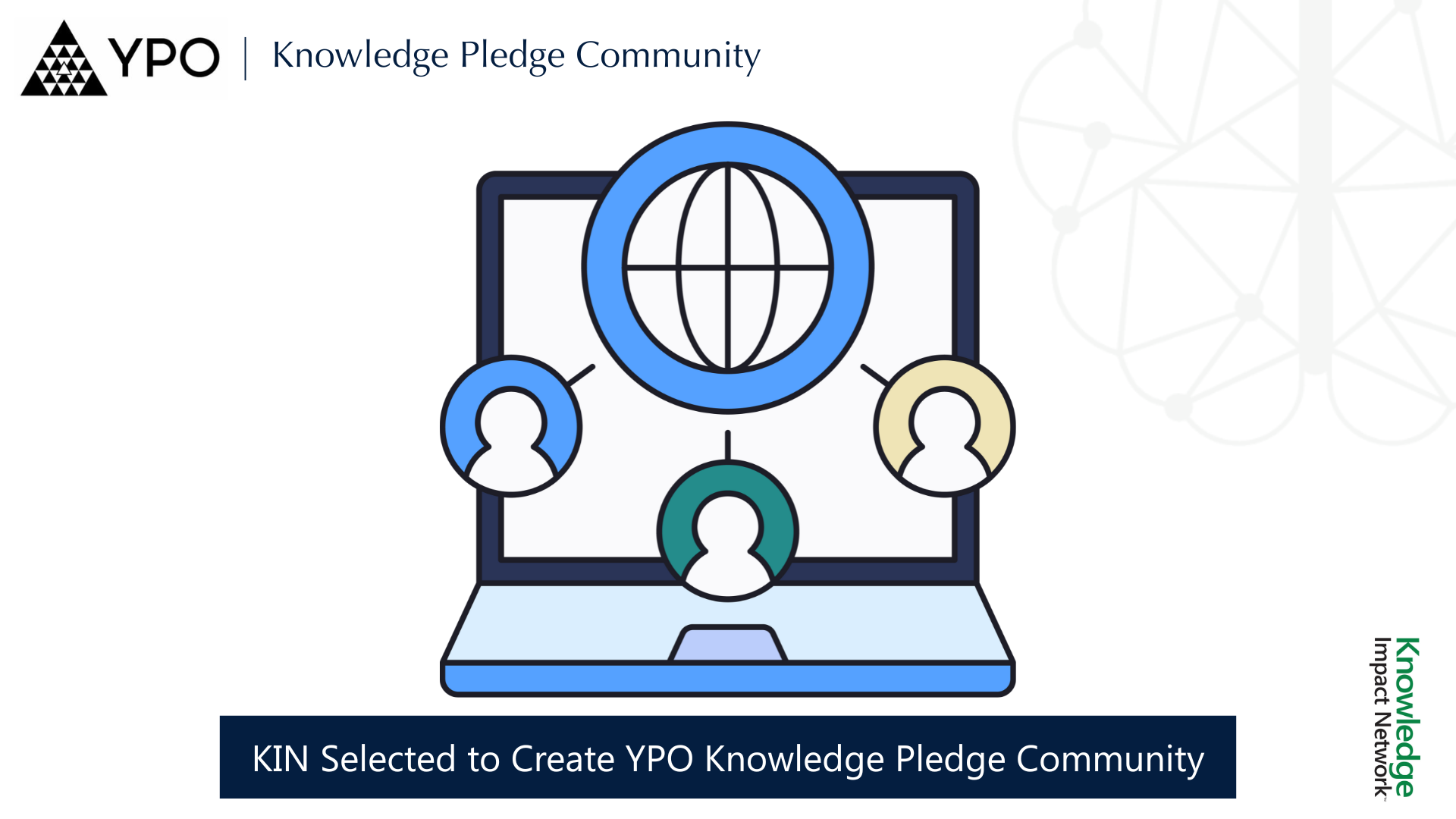This Wednesday, KIN hosted an impactful second session of the Nanoplastics Impact Circle. Attendees had the chance to learn about the newest research on the concealed, yet profoundly dangerous effect that nanoplastics pose on human health and the world at large.
Studies reveal a 50% increase in nanoplastic levels in brain matter over the course of only eight years - higher than in any other organs - alongside inflammation in the nervous and digestive systems. Just as alarming, literature suggests that trees are absorbing nanoplastics-contaminated water into their roots, which ultimately leads to elevated plastic levels in fruits and vegetables as well.
With this in mind, our Knowledge Partners, seasoned professionals ranging from scientists, sustainability experts, media professionals, educators, and entrepreneus, explored avenues that could lead to decreased nanoplastics consumption and usage. One idea that stood out is petitioning the Surgeon General to consider putting out an advisory to nanoplastics, similar to the recently announced one on the dangers of parental stress, as well as the World’s Health Organization (WHO) to declare them a public health emergency. Other ideas consisted of actively raising awareness within personal networks, or seeking funding opportunities for sustained impact.
Following these new trajectories, working groups were formed around the main areas of focus, in order to tackle each issue with a hands-on approach. The Nanoplastics Impact Circle and working groups will meet periodically for a year to crystalize its best advice for legislative entities, NGOs, and industry best suited to activate the group’s findings. If you’re interested to hear more about a group or to join us fight against nanoplastics, please reach out via this link.



%402x.svg)
%402x.svg)
.png)
.png)
.png)
.png)

.png)
%402x.svg)
%402x.svg)